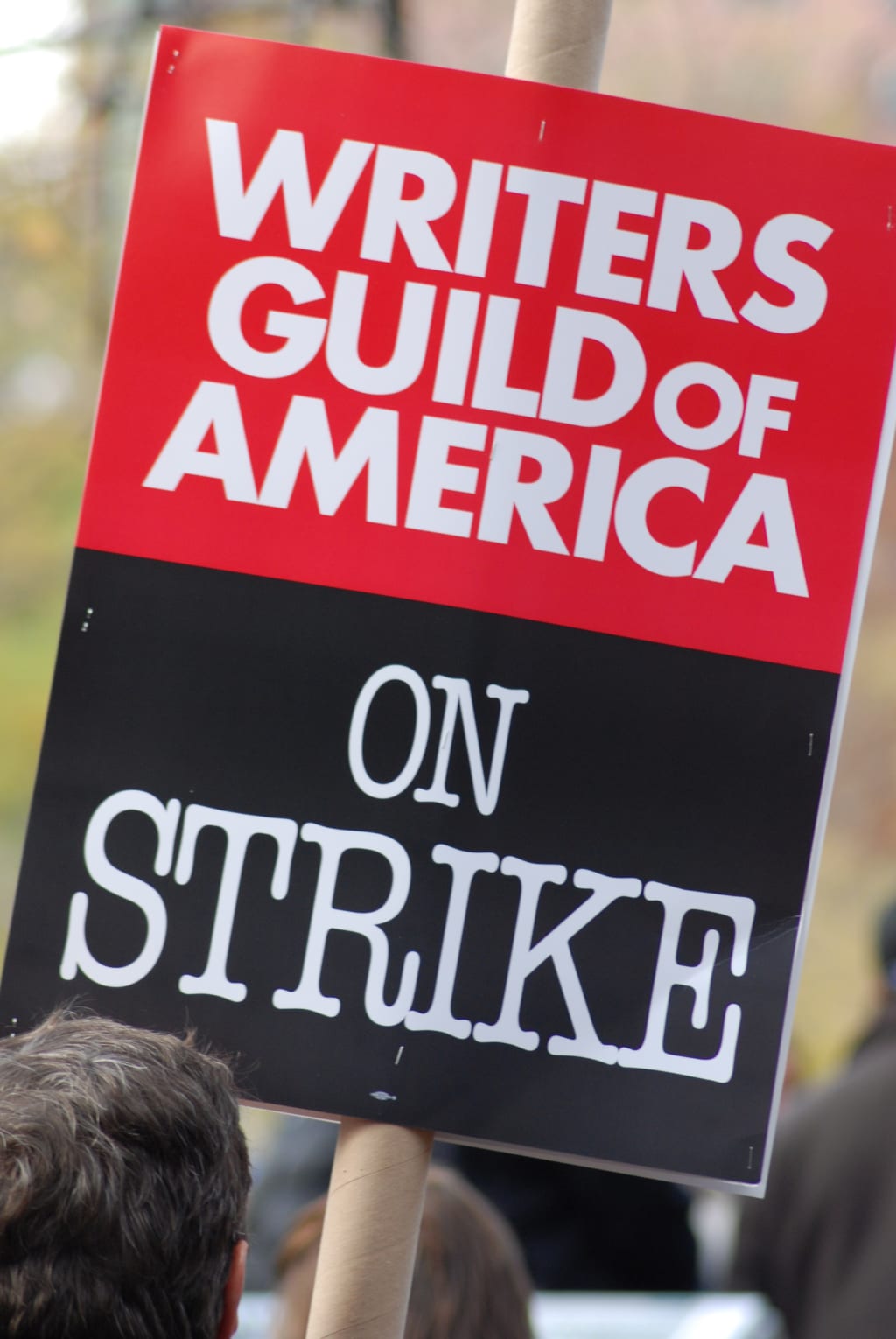The reasons behind the writers strike
The entertainment industry in the United States is a vast operation that involves numerous players such as actors, producers, directors, and screenwriters, among other professionals.

The entertainment industry in the United States is a vast operation that involves numerous players such as actors, producers, directors, and screenwriters, among other professionals. These players work together to produce movies and television shows that entertain millions of people around the world. However, despite the glamour and glitz of the industry, there are ongoing concerns regarding the treatment of screenwriters, which are being ignored by major studios. Recent reports indicate that the US screenwriters are planning to go on strike in 2023. This article will explore the reasons behind the 2023 US screenwriters strike.
The Issue of Residuals
One of the main issues that have led to the planned strike is the issue of residuals. Residuals refer to the income generated by movies and television shows, after their initial release, through DVD and Blu-Ray sales, streaming on online platforms such as Netflix, and other means. Screenwriters have always had a hard time negotiating a fair share of residuals from the studios. The strike seeks to address this issue and to guarantee that screenwriters receive a just share of the residuals.
Contract Negotiation
Another issue that has led to the planned strike is the issue of contract negotiation. Screenwriters have been unhappy with the terms of their contracts, which are consistently getting worse and worse. In some cases, screenwriters do not receive fair wages, benefits, or residuals despite their hard work and contribution to the success of a project. This makes the industry unsustainable, and it disadvantages the screenwriters, which is why the upcoming strike aims to bring the focus on these concerns.
The Devaluation of Content
Another problem contributing to the planned strike is the devaluation of content. Streaming services and studios alike seek to produce content as cheaply as possible for maximum profits. This has resulted in overworking screenwriters; in some cases, they write multiple episodes in a short timeframe for a lower salary that does not reflect the value of their work. As such, the industry has seen a decline in the quality of the content, and the strike aims to rectify this by demanding that the studios pay screenwriters fairly for their work.
The Issue of Diversity and Inclusion
The screenwriter’s strike is also motivated by a desire for diversity and inclusion. The entertainment industry has long been criticized for its lack of diversity and inclusivity. Studios have been known to whitewash and portray minority groups in stereotypical ways, and the strike looks to address these concerns by demanding that the industry involves more diverse voices in the creative process.
Gender Inequality
Gender inequality is another crucial issue that has fueled the planned strike. Women screenwriters have been held back by the industry's failing to provide equal opportunities for them. It has also been observed that many women writers are paid less than their male counterparts. The strike aims to address these gender inequalities and make the industry more equitable for women screenwriters.
The Conflict of Interest Between Writers and Studio Executives
Another factor that has led to the planned strike is the conflict of interest between screenwriters and studio executives. Studio executives seek quick profits, and in doing so, they sometimes push for changes in stories that may not be in keeping with the screenwriter's vision. The strike seeks to redress this and provide studio executives fewer opportunities to impede the creative process.
The Unforeseen Effects of COVID-19
Covid-19 affected the entertainment sector, with studios stopping productions and entertainment venues such as movie theaters being shut down leading to losses. The industry's influence was scaled down, and actors, crew members, and others saw significant job losses. With studios struggling to keep afloat and directors and actors trying to secure competitive wages, a large group of creators was left behind. The planned strike is a response to the losses and the ongoing mistreatment of creators in the wake of Covid-19.
The Dispute Surrounding Net Profit
The screenwriter’s strike is compelled by the dispute over net profit. Net profit involves the remaining revenue after covering the actual costs of a project. Screenwriters are not proportionately compensated for their role in generating these net profits because studios fail to share the net profits with other actors and creative groups, which is unfair. As such, the strike is calling for screenwriters to receive a more significant share of net profits.
About the Creator
Meghan Deroaen
Born in Japan, raised in the US, I am a multifaceted individual with a passion for diverse interests.
Enjoyed the story? Support the Creator.
Subscribe for free to receive all their stories in your feed. You could also pledge your support or give them a one-off tip, letting them know you appreciate their work.






Comments
There are no comments for this story
Be the first to respond and start the conversation.